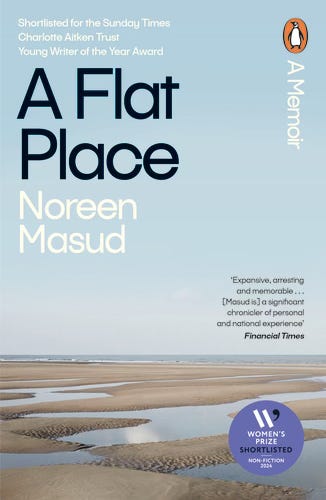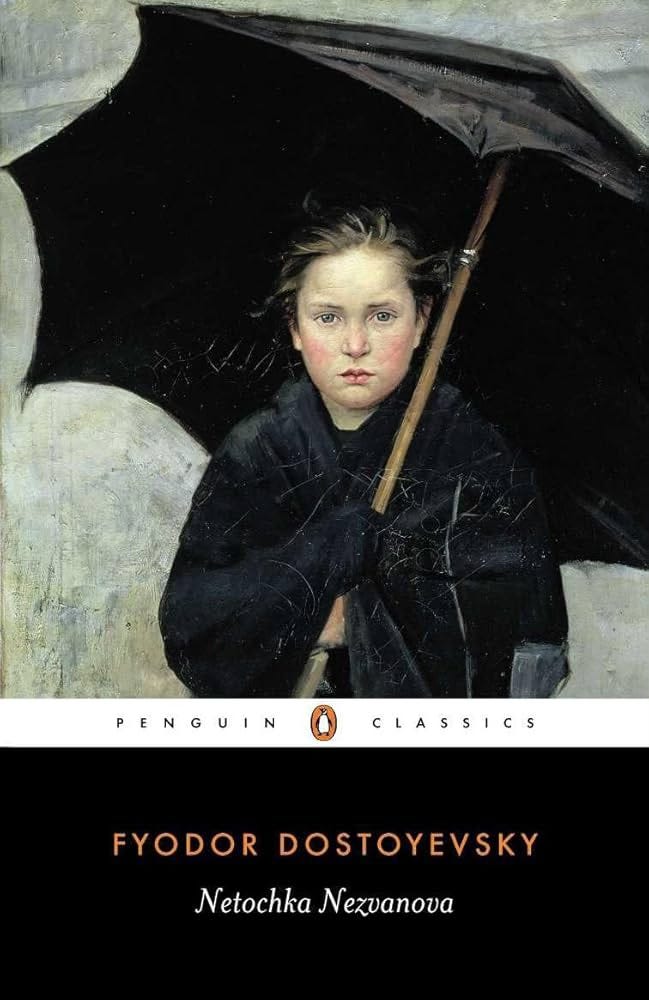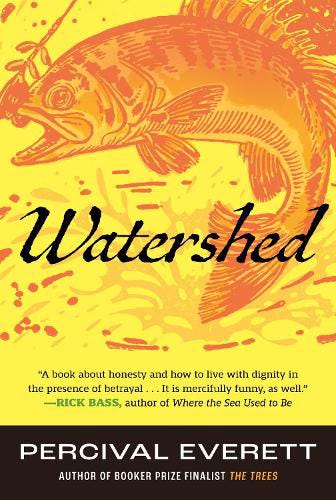2025 will become the first full year of publishing my bookish thoughts and reflections on Substack. The year already feels like it’s escaping me and my reading has been deliberately more slow-paced than years gone by. So, I haven’t collected hoards of new titles on my ‘read’ shelf, which to my surprise suits me just fine.
Life has been fairly full on of late (hence the substantial delay in getting this post released, apologies), with time spent reading becoming less of a priority, and at times completely undesirable. The sheer amount of concentration needed to give a book its deserved and unwavering attention has been impossible on more occasions than I’d like to admit, and I asked myself where the problem lay. It didn’t take long for me to address my shelves with the breakup cliché, “it’s not you, it’s me”. It wasn’t that the titles and authors weren’t sparking desire, and certainly not that the stories seemed uninspiring but I was struggling to tether myself to something deeper. When looking at the list below, I recall the profundity of each text, the multi-faceted examinations of humanity and each book’s quest to ‘understand’ something or rather make it understood. Somehow this mirrored my own mission for ‘understanding’ in a patch of turbulent living and I found myself anchored in the words of each book. I hope that whoever picks these reads up feels a similar sense of security. You’ll be in safe hands reading from this stack.
Ramble over. 2025 is definitely going to be a quality over quantity year and I think this small but mighty list will be proof of that! Not only is the list small, but the texts themselves are too on the most part. I should preface the rest of this article by saying that this is not all of the books I’ve read so far this year, simply the ones worth sharing with you. It’s certainly easier to rant or outline feelings of dissatisfaction with reading material than it is to articulate feelings on the verge of inexplicable ecstasy. A bit dramatic, but the following texts really remind me why reading is epic and their authors’ crafts are truly crème de la crème.
N.B. this list is in order of date read and not to be considered a rank!
A Flat Place by Noreen Masud
Noreen Masud’s incredibly moving hybrid text of nature writing and memoir casts images that will stay fixed in my mind for a long time. A Flat Place is a lyrical reflection on childhood trauma, mixed heritage and complex post-traumatic stress disorder (CPTSD) in post colonial landscapes. The flat places exist both within Masud’s self and the world around her, displaying an isolation within vastness and deafening silences. Her depictions of place are written with astute clarity, so vivid, glittering and transportive, while her recounting of CPTSD is equally articulate and makes the scenes from her youth hum and ache with discomfort.
“And the gravestones were pressed together, skin to skin, for all eternity. It was the worst thing I had ever seen and I almost cried. My partner couldn’t understand. ‘I think it’s lovely. They’re not alone. They get to be close to each other forever.’ The thought made me sick. To be immobilised forever by other bodies. Touch is complicated for me because it repulses me as I crave it…I love to hug and to touch but I am not there when it is happening”
Whilst definitely a read to approach with caution if the subject matter is one of sensitivity for you, I’d highly recommend reading it in as few sittings as possible. Masud does a fantastic job of conjuring a coastal gust of wind through the pages to carry us through the more difficult passages. We are never sat still in one place for too long and yet every moment recalled gets all the time it is merited without feeling rushed. I don’t think I’m yet to read a book as life affirming as this, safe to say will be returning to it regularly.
Netochka Nezvanova by Fyodor Dostoyevsky
The first out of two Dostoyevsky’s on this list! Netochka is a lesser known title when compared to other novels in Dostoyevsky’s oeuvre and I can’t seem to work out why. It is worth more recognition than numerous other classics out there and I implore you to order yourselves copies now! It’s unlikely you’ll find it on bookshop shelves but it would be criminal to miss it, so do make the effort if you can!
“But for what purpose? In order to triumph over a ghost over the distraught imagination of a sick woman? To prove to her that she has erred and tag you are more sinless than she? And you've achieved your aim for this is the fixed idea of a failing mind, perhaps the last lament of a broken heart over the injustice of people's condemnation with which you were in agreement.”
Netochka Nezvanova is an unfinished Bildungsroman told in retrospect by an older Netochka. She recounts the events of her childhood, living in absolute poverty with her mother and stepfather, a mad and narcissistic violinist who leaves an impression on her for life. Followed by her adoption by Prince X, who immerses Netochka into the world of aristocracy and introduces her to his daughter Katya. From there we dive into a kaleidoscopic narrative of varying human emotion, perseverance, courage and survival.
Netochka appears to be an unprecedentedly early feminist text in Russia, and although the story mightn’t be perfectly executed from that gaze, I do think that the degree of flaw in his characters makes for a much more realistic storytelling, despite the discomfort it can elicit. As much as my chest felt tight reading this short novel, I’d read it again and again.
Watershed by Percival Everett
I am slowly making my way through the works of Mr Everett and have a long way to go. Each book I’ve read of his has been thought provoking, politically engaged and without a doubt, funny. Watershed is no exception. Here is the opening passage to the novel:
“My blood is my own and my name is Robert Hawks. I am sitting on a painted green wooden bench in a small episcopal church on the northern edge of the Plata Indian Reservation, holding in my hands a Vietnam-era M-16, the butt of the weapon flat against the plank floor between my feet. There are seven other armed people sitting on the floor, backs against the panelled walls, or pacing and peering out the windows - stained and clear - at the armoured personnel carrier some hundred yards away across the dirt and gravel parking lot, and at the pasture where two sad-looking bulls stand, their sides black and gray, flat against the sky behind them. Out there, there are two hundred and fifty police - FBI, all clad in blue windbreakers with large gold letters, and National Guardsmen, looking like the soldiers they want to be.”
Robert Hawks is a hydrologist and keen fisherman who finds himself swept up in a fight over Native American Treaty Rights. What Hawks intended to be a tranquil escape from issues of his own, ends up being thwarted by a murder and government corruption. In a search for water, amongst other things, Everett explores the relationship between Native American activism and the Black Panther movement in this gripping social thriller. He highlights the existence of shared enemies for both these demographics, particularly in the 1960s civil rights movement, but the cost to society at large also. He asks what it means to be implicated, the cost of being a bystander and or being involved and all that it is worth. An expansive novel with a strong sense of identity that flows in Everett’s effortless way.
Orientalism by Edward Said
This was dense. A heavy academic text exploring and dismantling the idea of the ‘Oriental’, defining ‘Orientalism’ and unwinding the arguments and theories its founders constructed that seem hard to shake despite the modern day. Said pulls apart this creation of European Ideology, exposing how the West’s fetishised and exotic gaze came to be through highlighting some of the names that perpetuated this delusion the most : Homer, Nerval, Flaubert, Disraeli and Kipling, names who are still celebrated today…As an Arab Palestinian, Said not only reflects on the history of this warped ideology but investigates how this imperial and racist world view stains the world we live in today.
Notes from Underground by Fyodor Dostoyevsky
Last but not least, the second Dostoyevsky. Now this one is probably the ‘marmite’ of the lot. Our protagonist is unlikeable beyond belief, he’s a know it all, adamant cynic and content with being nasty. Avoid this if you can’t bear an unlikeable narrator! But if on the off chance you don’t mind, dive in and be patient. The monologue can be grating and suffocatingly grey but the articulate portrayal of an existential crisis is captivating.
“I swear to you, gentleman, that to be overly conscious is a sickness, a real thorough sickness.”
“It is precisely his fantastic dreams, his most banal stupidity, that he will wish to keep hold of, with the sole purpose of confirming to himself (as if it were so very necessary) that human beings are still human beings and not piano keys, which, though played upon with their own hands by the laws of nature themselves, are in danger of being played so much that outside the calendar it will be impossible to want anything. And more than that: even if it should indeed turn out that he is a piano key, if it were even proved to him mathematically and by natural science, he would still not come to reason, but would do something contrary on purpose, solely out of ingratitude alone, essentially to have his own way.”
It all feels exceedingly relatable, precarious and conscious. A heightened awareness and over thoughtfulness that can plunge you into the darkness of how bleak the state of things are. Dostoyevsky highlights the dangers of leading such an interospective life of extremes with no external anchor, blinding you to beauty and connection. Of course this is somewhat tied in with Dostoyevsky’s endless mission of interweaving faith into his texts but the teaching is ever the same, we should search for higher purpose in order to live a life worth living, and that’s what makes this another life affirming read on this round-up list.
Thank you for reading if you made it this far! I hope you pick up one of these titles, and if you’ve already read them I’d love to know what you made of them in the comments :)










What a great round-up, Alex! I've only read A Flat Place so thank you for putting the others on my radar.